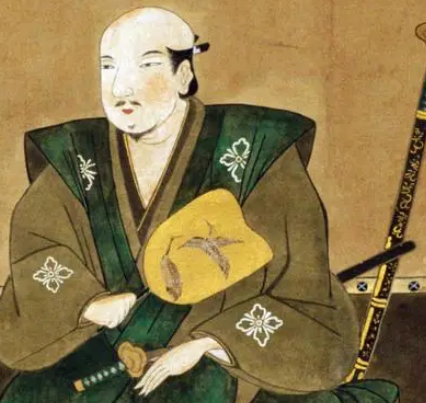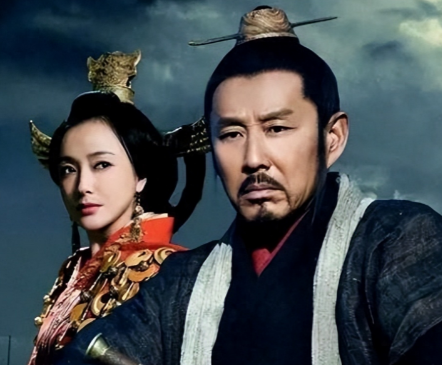As one of the outstanding emperors in Chinese history, Emperor Wu of Han took a series of important economic measures during his reign to enhance the country's strength and stabilize social order. This article will discuss in detail Emperor Wu's economic policies and their impact on society at that time.

1. Reform of the Monetary System
To unify the monetary system, Emperor Wu implemented a major currency reform. He abolished the privately cast coins used throughout the country and introduced a new currency, the Wuzhu money. This measure not only standardized currency circulation, but also effectively contained inflation, laying the foundation for the country's economic development.
2. Salt and Iron Official Management
Emperor Wu implemented the policy of official salt and iron management, which meant that the salt and iron industries were nationalized. This policy aimed to strengthen control over important resources and increase state financial revenue. By establishing salt and iron officials to manage these industries, the state ensured its dominant position in the market, while also generating substantial revenue for the national treasury.
3. Junshu Law and Pingzhun Law
To regulate grain prices and ensure people's livelihood, Emperor Wu implemented the Junshu Law and Pingzhun Law. The Junshu Law stipulated that each region must transport a prescribed amount of grain to the central government for contingencies, while the Pingzhun Law stabilized grain prices through the allocation of state grain reserves. These measures effectively avoided food shortages caused by natural disasters and human misfortunes, maintaining social stability.
4. Garrison Farming System
To strengthen border defense and develop agricultural production, Emperor Wu implemented the garrison farming system. This policy encouraged soldiers to cultivate land in border areas, which not only improved their living standards but also strengthened the economic foundation of the border regions. The implementation of the garrison farming system played an important role in consolidating national defense and safeguarding national security.
5. Economic Exchange with Foreign Countries
During the reign of Emperor Wu, exchanges between China and the Western Regions became increasingly frequent. He dispatched Zhang Qian to the Western Regions, opening up the Silk Road and promoting economic and cultural exchanges between China and the West. This initiative not only expanded China's international influence, but also brought rich trade resources and economic benefits to the country.
6. Conclusion
In summary, Emperor Wu took a series of powerful economic measures, including reforming the monetary system, implementing official salt and iron management, promoting the Junshu Law and Pingzhun Law, implementing the garrison farming system, and actively carrying out economic exchanges with foreign countries. These policies not only strengthened the country's strength, improved people's living standards, but also left a profound impact on the development of Chinese history.
Disclaimer: The above content is sourced from the internet and the copyright belongs to the original author. If there is any infringement of your original copyright, please inform us and we will delete the relevant content as soon as possible.
































